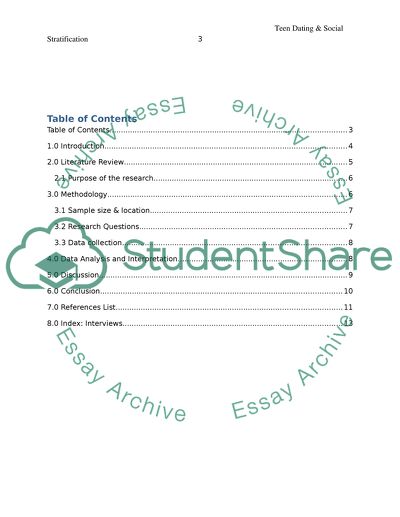Cite this document
(“Teen dating and social stratification in Australia Research Paper”, n.d.)
Retrieved from https://studentshare.org/sociology/1456845-qualitative-research-on-teen-dating-social
Retrieved from https://studentshare.org/sociology/1456845-qualitative-research-on-teen-dating-social
(Teen Dating and Social Stratification in Australia Research Paper)
https://studentshare.org/sociology/1456845-qualitative-research-on-teen-dating-social.
https://studentshare.org/sociology/1456845-qualitative-research-on-teen-dating-social.
“Teen Dating and Social Stratification in Australia Research Paper”, n.d. https://studentshare.org/sociology/1456845-qualitative-research-on-teen-dating-social.


